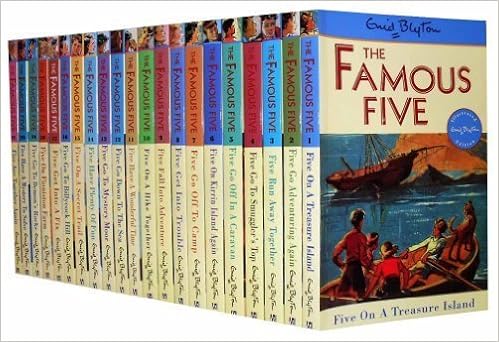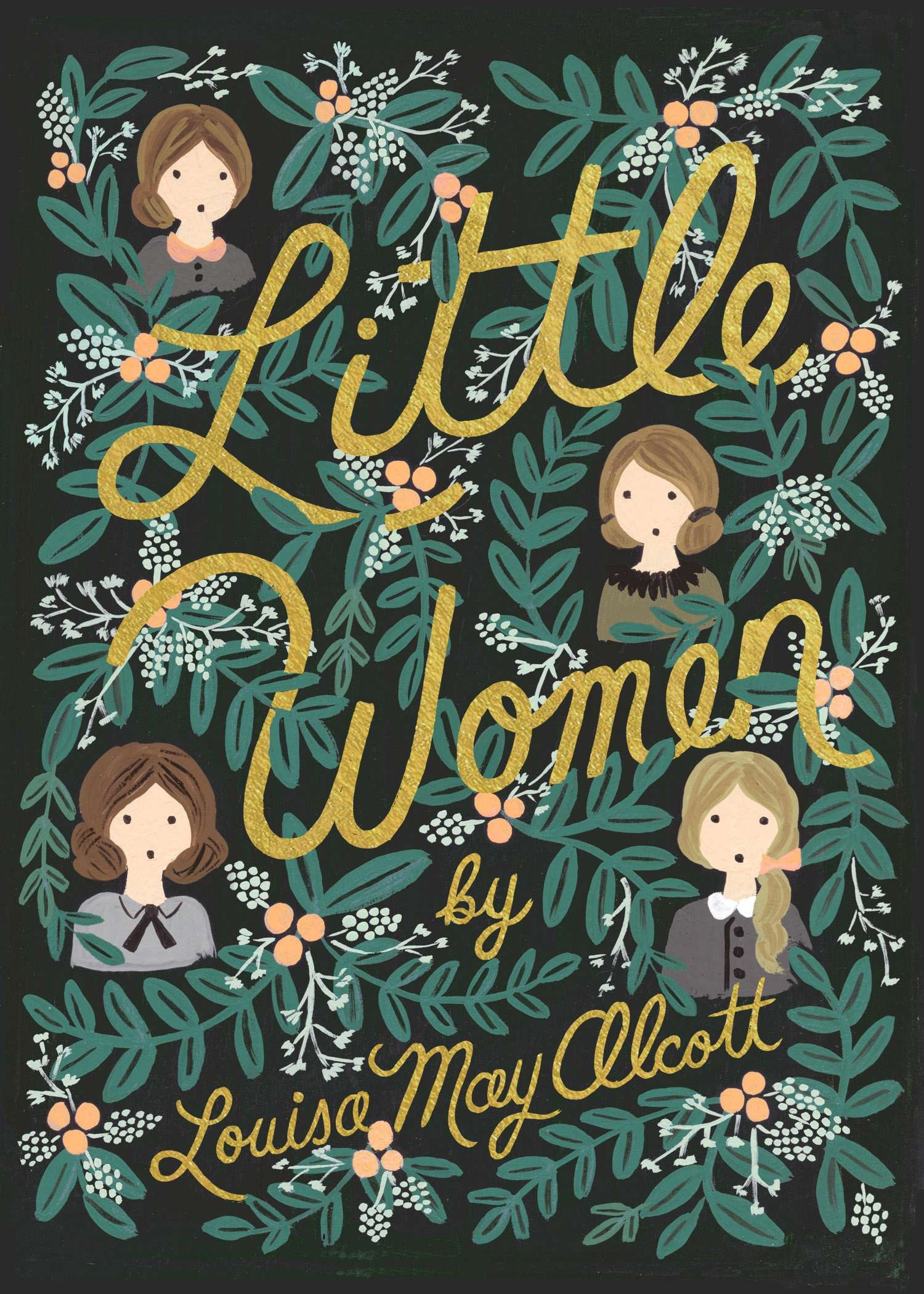Uncle Tom's Cabin Review
Basic Info:
Originally published: March 20, 1852
Genre: Novel
Adaptations: Uncle Tom's Cabin (1965), Uncle Tom's Cabin (1918),Uncle Tom's Cabin (1910)
Review:
So I've finally done it: I've read Uncle Tom's Cabin after first having bought it 3 years ago. And my opinion on it is mixed: For its age, it's not too bad, but has several points which I either don't like or don't agree with or whatever; the feministic implications can be felt often, and always make me feel uncomfortable. Then we have the extreme religious implications, which nearly make this a sermon instead of a novel. And as Malcolm X also said, the stereotypes of the stupid, loyal, pacifist Uncle Tom was too much for me: although Stowe was against slavery, she obviously still didn't see Africans as an equal race, and her ignorance of Africa and its people are often visible. Also, this book never describes any of the brutality or death of slavery, which I feel is essential if you want to write a book about it.
So my overall Rating is 5/10.



